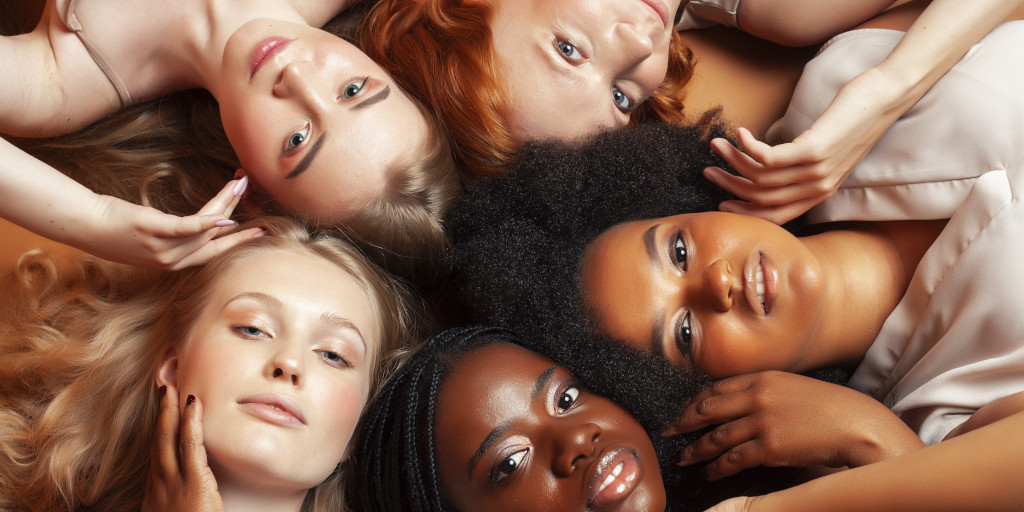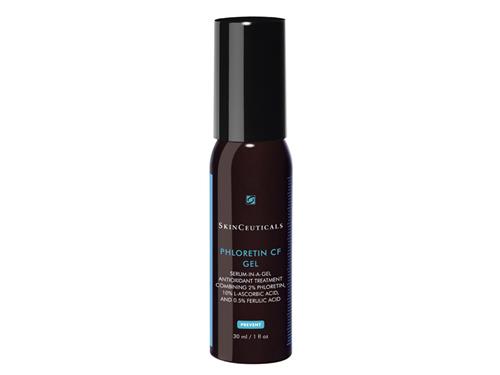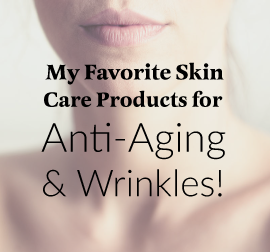Post Laser Pigment Problems, Then What? 1/2 Part Series
Thank you for writing. This problem is becoming all too common.
It can take a long time for post inflammatory hyperpigmentation (or PIH) to fade. The worse case I’ve ever seen was in a woman of East Indian ethnicity who had striping on the arms from an IPL. It DID resolve, but took almost two years. So first, let’s talk about prevention, and then treatment in the next blog post.
Preventing post laser PIH
- Know Your Skin Type. Dermatologists are straight forward on skin types. A Type I is a red head, very pale with almost no pigment. A Type VI is very dark, with lots of good melanin protection with ancestors from very hot; usually equatorial places. In between is the rest of us – mostly mixes of all sorts of genes. We are all beautiful! A Type II will tan, but usually burn first. A Type III can burn but it’s more rare. And Types IV and V usually not at all. Asian and Hispanic skin tones vary between Type II and Types IV -V usually. Mediterranean skin can be quite olive and be a IV-V. You get the picture. Scandinavians often have more pigment than the Celts and are often Type IIIs. The darker your skin and eye color the more likely you are to have PIH after any skin injury or procedure.
- Time of Year. If you have a darker skin type, don’t treat when it’s summer or within 4-6 weeks of a sunny vacation. This is hard if you live in a sunny climate. But then best to plan on keeping the area entirely covered for 4-6 weeks or mostly indoors, not near windows, for 4-6 weeks after. About 20% ish Zinc oxide sunscreen is the best sunscreen, but even that can’t block all that UV. Covered is better.
- How Long for Sun/light Avoidance? Again, this depends on your skin and eye color, and what you’re having done. Most dermatologists would say to observe these restrictions, both before and after, for 2-6 weeks. We have even done 8 weeks for some of our Type V CO2 patients, both before and after, and with pretreatment with a hydroquinone. And in addition, with the laser being done October-March only. It really depends on the laser and skin type.
- Which Lasers are the Biggest Problem for PIH? Any laser that affects the outer layer of skin (epidermis) has some risk. This is why sound wave based technologies (Radiofrequency) can be done safely year around usually. It’s because they don’t affect the epidermis much. So any laser really can cause a problem in the right circumstance. In our experience, Fraxel, any Erbium, hair removal lasers (Alexandrite or Diode, usually NOT the YAG), CO2, and IPL.
Generally, there will be no problem with PIH if the above is all taken into account, the treatment is done well, and instructions are given and then followed!
Hope this helps,
Dr. Brandith

















